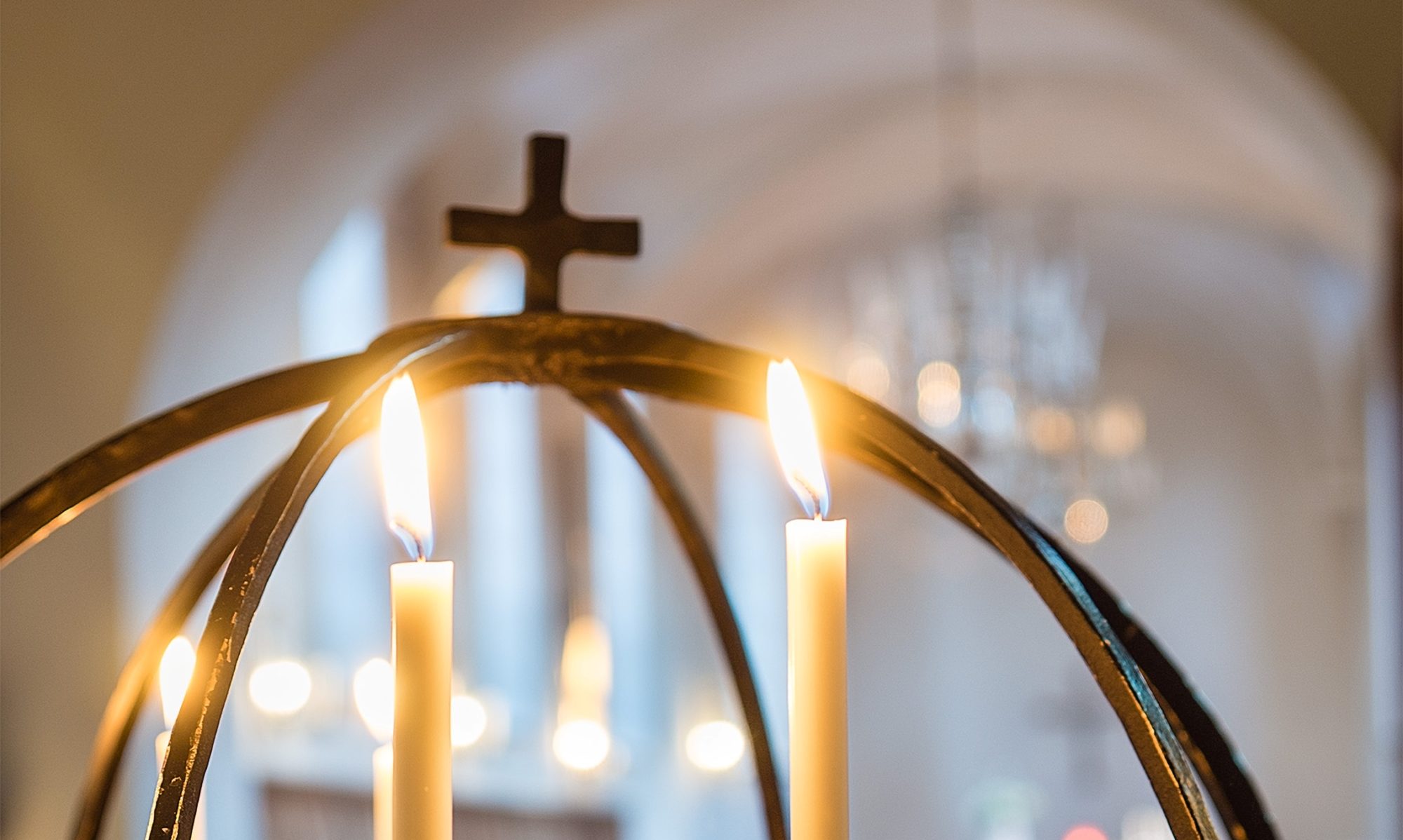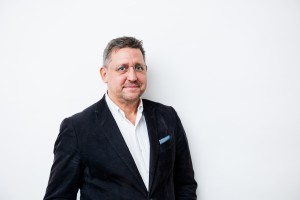By Rüdiger Noll,
Executive secretary of Oikosnet Europe
On the day that this Editorial is written, the 27 Heads of State and Government of the European Union meet in Brussels for an Informal Leaders’ Meeting. On the agenda are institutional reforms in view of the forthcoming elections of the European Parliament in 2019. The contribution of the European Commission to this meeting is entitled: “A Europe that delivers: Institutional options for making the European Union´s work more efficient.” The text starts very promising by stating: “The European Union is both a Union of States and a Union of citizens.” One would have expected, therefore, the text not only to address as to how the EU Member States and the European Institutions are involved in the European agenda, but also how the citizens can make their voice heard and thereby shape European politics. But the next sentence of the European Commission´s paper already destroys this illusion: “Citizens are represented directly through the European Parliament and indirectly through their own governments, working together in the Council and in the European Council.” As transparent as the European Parliament might work and as accessible Members of the European Parliament might be, the representation of citizens is first and foremost seen as an indirect one, through a representative more or less democratically legitimized institutions.
And, therefore, the 27 “Leaders” will talk mainly about how to raise the interest of citizens in the European elections. The discussed measures, e.g. European lead candidates and partially European-wide lists of political parties, are important and a step forward, but they are not enough.
We need spaces for appropriate debate
As the Belgian author and writer together with many other intellectuals across Europe stated:” We need to urgently develop spaces in which citizens despite of their different convictions can come together online and offline, where they have appropriate information in order to debate appropriately, in which direction our society should develop.” And one might add, it needs ways by which these citizen´s deliberations can actually shape policies.
Civil society needs to be facilitated – not highjacked
The French President, Emmanuel Macron, in his recent speech at the Sorbonne on the future of Europe, suggested “national conventions” as a way forward. He proposed a stronger network of European Universities. In an article in the Neue Zürcher Zeitung, Jeremy Adler opted for a European network of academies. It is evident: European issues need a European public and a European discourse. It needs formats for citizens’ discourses which go way beyond usual pseudo-dialogues. And it needs intermediate organisations, which facilitate, but do not attempt to highjack the civil society discourse.
Joint project in stregthening civil society – pilot projects in the months to come
It is in this sense, that Oikosnet Europe together with the Association of German Protestant Academies (EAD) and the Protestant Academy of Rostock are engaging in a joint project on strengthening civil society and deliberative democracy, especially designed for Central Europe. The implementation period will be 2019/20, but stakeholders are coming together already now in order to decide on the parameters of the projects. Three pilot projects are foreseen for the months to come on the relationship between national and European narratives (and Christian elements therein), on the role of political education and on the role of citizens in European energy politics.
But there are many more points of entry for a European network of church-related academies, like Oikosnet Europe. Just to mention two examples, which are already under discussion:
- Oikosnet Europe just welcomed PlusBildung Schweiz as member of the Oikosnet family. May be the Swiss church-related educational institutions can help us to sharpen our understanding of peoples’ participation in democratic processes.
- The President of the European Commission, Jean-Claude Juncker, suggested in his latest “State of the Union” speech at the European Parliament to hold a next Summit meeting in 2019, just after the “Brexit” and prior to the European elections. The Summit is supposed to take place in Sibiu/Hermannstadt, Romania, where the churches held the Third European Ecumenical Assembly in 2007. A democratic Europe will be a key topic. How about organizing with the help of the Protestant Academy in Sibiu a congress just prior to the Summit with an emphasis on peoples’ participation in democracy?
All these ideas and issues are supposed to come together at the next Annual Conference of Oikosnet Europe, which will take place at the Orthodox Academy in Crete, 6 to 9 September this year. Crete, Greece, Athens – a birthplace of European democracy. Walter Lüssi, the new President of Oikosnet Europe, is very keen on a more thematic orientation of Annual Conferences. May be democracy, peoples’ participation in the European project is one of the themes that should be highlighted at future Oikosnet Annual Assemblies. But input from Oikosnet members and friends as well as from other civil society actors is already sought before!
Let´s keep in touch!

